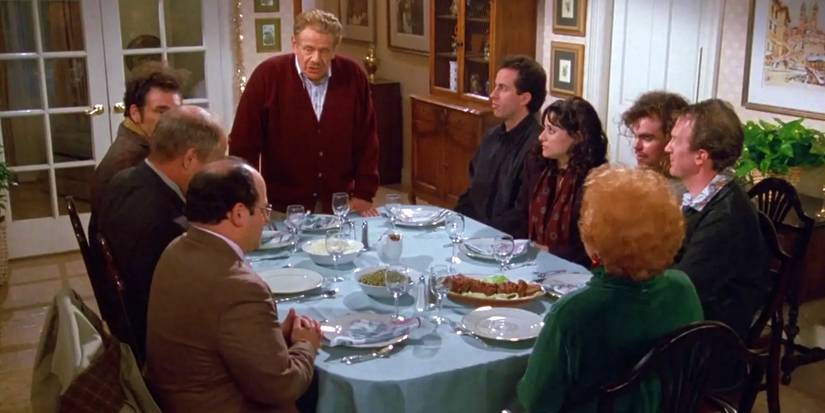First, we have every right to call Our Lady the Co-redemptrix Mediatrix of All Graces.
Tucho and Leo are outweighed by SIX previous Popes using the title Co-redemptrix.
The recent document says “always inappropriate,” but it doesn’t say it has NOW in recent times become inappropriate. That statement then condemns any use of the title at any time, which necessarily includes by past popes. That is impossible.
Those past Popes used the title in documents of greater weight and higher authority than the DDF’s “note.” In making a choice, which you must make, you therefore go with the traditional teaching.
Bishop Schneider recently lamented the document as minimizing Mary, saying that strictly speaking it is not a prohibition of the title.
May Our Lady Co-redemptrix Mediatrix of All Graces be honored as uniquely and intimately participating with (“co” in Latin = with, not equal) Christ’s Redemption of the Cross, and as a channel of His Grace.
May she crush the modernists in the Vatican.
I am no longer giving Leo “the benefit of the doubt.” Up until this document I was. That ship has now sailed. We had some outward signs of hope coming out of the gait, and charity demanded I “wait and see.”
But by now all evidence is that we no longer have reason to hope—on the human level—this pope will actively try to end the Crisis, either in 2025, 2026, 2027, or in any other year, including how that crisis devolved to new levels of absurdity since Francis.
In the end Christ will bring the Crisis to an end. But for now we move forward in darkness.
Going forward the strategy should not be to build a special bridge from the traditionalist movement to Leo, post-Francis, to get him on our side, to re-liberate the true Mass through diplomacy, but now going forward to simply and clearly let him know we adamantly refuse to compromise on the Faith, including on the Mass in the name of blind or false obedience.
And that means we will continue to call Our Lady Co-redemptrix and Mediatrix, and that we refuse to minimize the role of the Mother of God.
If he will re-liberate the true Mass, it will be an act of justice and honor to God. In justice he must do it. If he will not, and as he continues not to do it, he single-handedly causes traditionalists to rightfully protest modernism and liberalism in the Church, both in the abstract and in their concrete applications, especially coming out of the Vatican, MUCH MORE than ever before. He would be causing more war in the Church, and we would keep defending the Faith, the Church of 2000 years, and what is necessary and integral to save our souls.
He will drive all traditionalists rightly to the SSPX and the like, and more public resistance to the errors. He would be driving the SSPX even closer to consecrate more bishops under the circumstance if he does not give approval.
If he wants true unity, he would liberate the true Mass without delay, and start restoring the Church without delay. But he signed that document that effectively insulted Our Lady and pushed her off into the shadows. That is not being kind or diplomatic. I am rightfully angry he did that, as should everyone.
Christ did not institute the Faith to serve the hierarchy and papacy. They are joined together but distinct. He instituted the hierarchy and papacy to serve the Faith. And part of the Faith are the sacred truths about the Mother of God represented in her title Our Lady Co-redemptrix Mediatrix of All Graces.
Our Lady Co-redemptrix Mediatrix of All Graces, pray for us.





